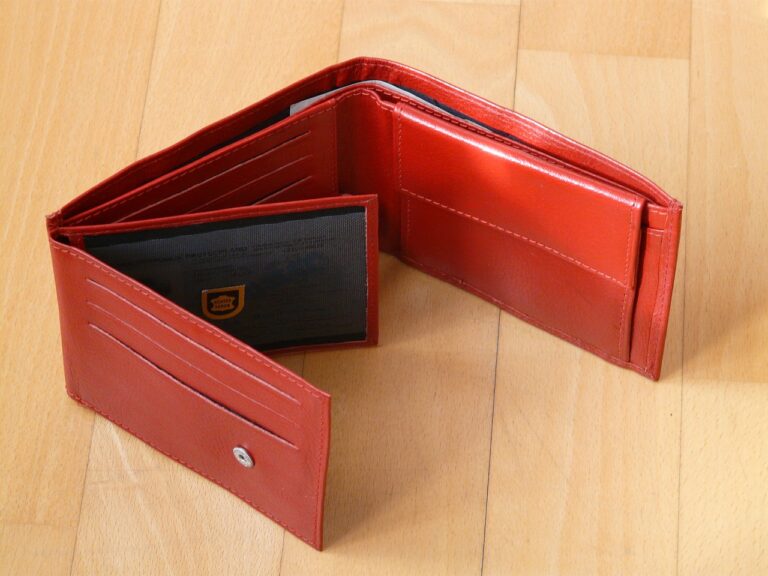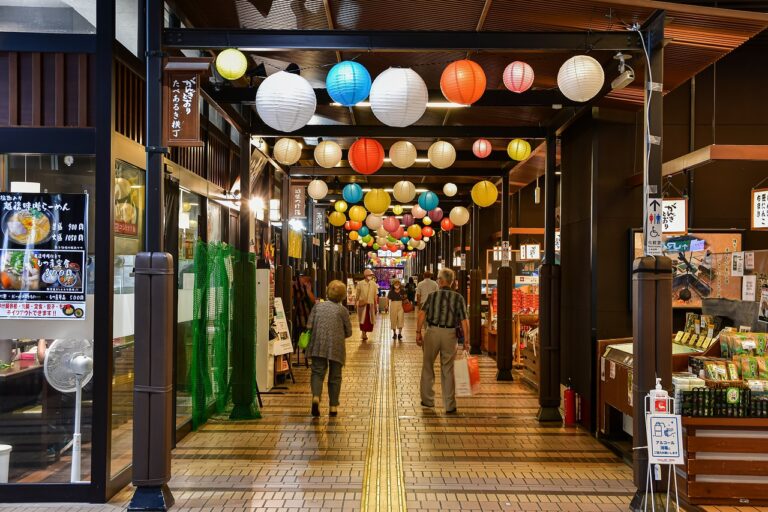Sustainable Kitchenware: Ethical Choices for Cooking Enthusiasts
Welcome to the world of sustainable kitchenware, where cooking enthusiasts can make ethical choices to reduce their environmental impact and support responsible production practices. From eco-friendly materials to Fair Trade certifications, there are many ways to ensure that your kitchen is a haven for both delicious meals and sustainable living. In this article, we will explore the importance of sustainable kitchenware, different ethical options available, and practical tips for making conscious choices in your cooking space.
The Importance of Sustainable Kitchenware
When it comes to setting up your kitchen, the choices you make can have a significant impact on the environment. Traditional kitchenware often contains harmful chemicals, non-biodegradable materials, and contributes to excessive waste. By opting for sustainable kitchenware, you can minimize your carbon footprint, reduce waste, and support ethical production practices.
Eco-Friendly Materials
One of the key aspects of sustainable kitchenware is the materials used in its production. Eco-friendly materials are those that have minimal impact on the environment, from sourcing to disposal. Here are some common eco-friendly materials used in sustainable kitchenware:
- Bamboo: Bamboo is a fast-growing and renewable resource that is perfect for kitchen utensils, cutting boards, and even cookware. Its natural antibacterial properties make it a popular choice for eco-conscious cooks.
- Stainless Steel: Stainless steel is durable, recyclable, and non-toxic, making it a great option for pots, pans, and other kitchen tools. Look for stainless steel products that are free from harmful chemicals like BPA and phthalates.
- Glass: Glass is a versatile material that is safe for food storage and cooking. Opt for glass containers, baking dishes, and jars to reduce your use of plastic and other disposable materials.
Fair Trade Certification
Another important aspect of sustainable kitchenware is ensuring that the products you buy are ethically sourced and produced. Fair Trade certification ensures that workers receive fair wages, safe working conditions, and that environmental standards are met during the production process. Look for Fair Trade certified kitchenware products to support ethical practices in the industry.
Practical Tips for Making Ethical Choices
Now that you know the importance of sustainable kitchenware, here are some practical tips for making ethical choices in your cooking space:
- Invest in quality: Choose durable kitchenware that will last for years to come, reducing the need for frequent replacements.
- Avoid single-use items: Opt for reusable alternatives to disposable items like plastic wrap, straws, and bags.
- Support local artisans: Look for kitchenware made by local craftsmen and women to support small businesses and reduce the environmental impact of shipping.
- Recycle and repurpose: When it’s time to retire old kitchenware, recycle or repurpose it instead of sending it to the landfill.
FAQs
What are some other eco-friendly materials used in sustainable kitchenware?
In addition to bamboo, stainless steel, and glass, other eco-friendly materials used in sustainable kitchenware include silicone, wood, and recycled plastics.
How can I find Fair Trade certified kitchenware products?
You can look for Fair Trade certification labels on the packaging of kitchenware products or do some research online to find brands that prioritize ethical production practices.
Are there any downsides to using sustainable kitchenware?
While sustainable kitchenware has many benefits, some products may be more expensive upfront due to the use of high-quality materials and ethical production practices. However, investing in sustainable kitchenware can pay off in the long run in terms of durability and reduced environmental impact.
By making ethical choices in your kitchenware selection, you can create a cooking space that not only supports your culinary adventures but also aligns with your values as a conscious consumer. From eco-friendly materials to Fair Trade certifications, there are many ways to build a sustainable kitchen that nourishes both your body and the planet. Happy cooking!







